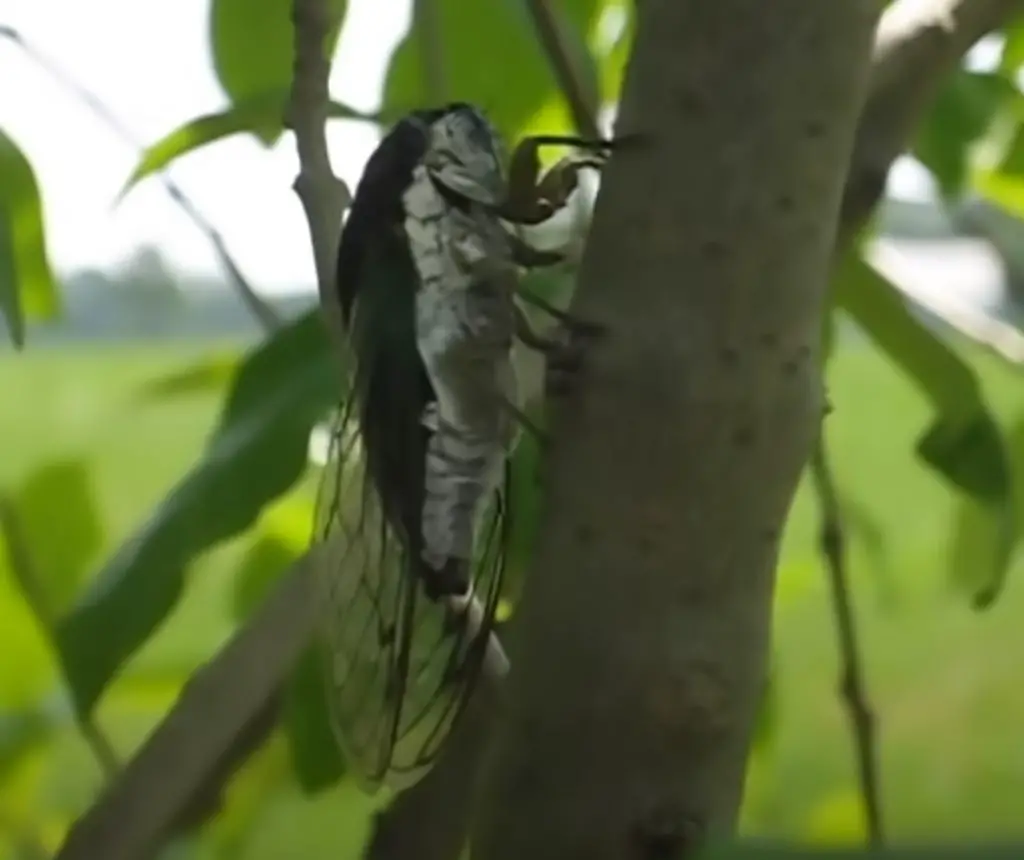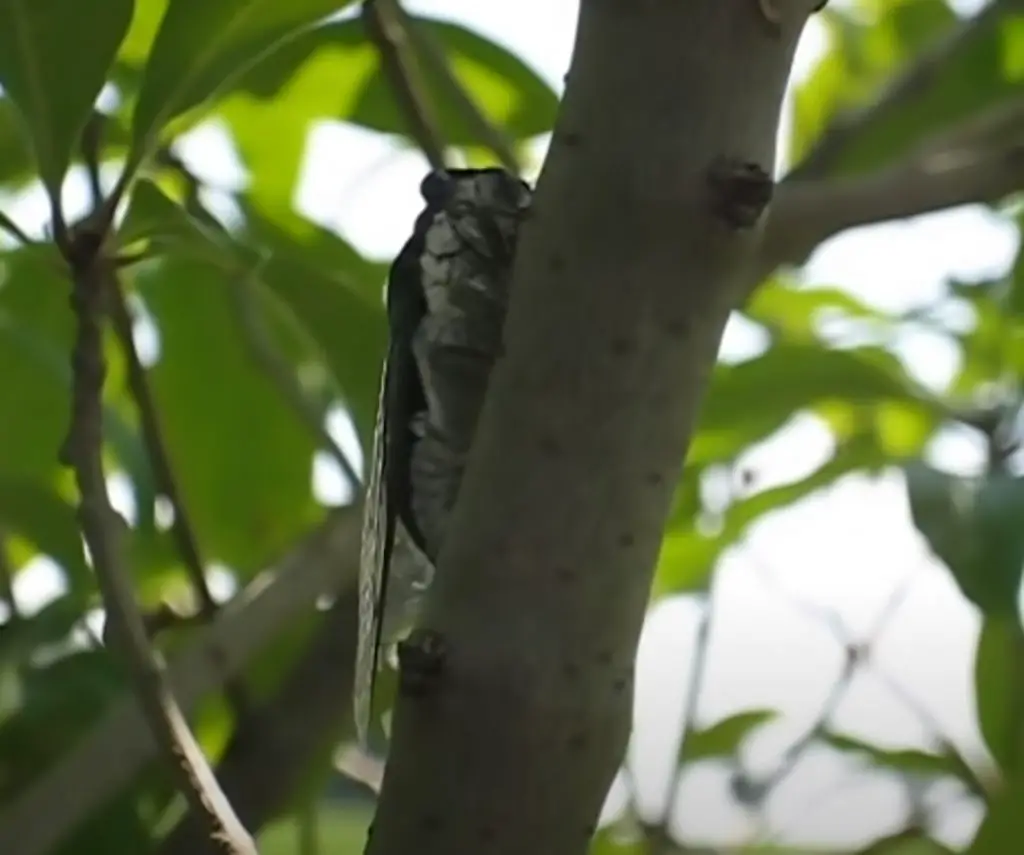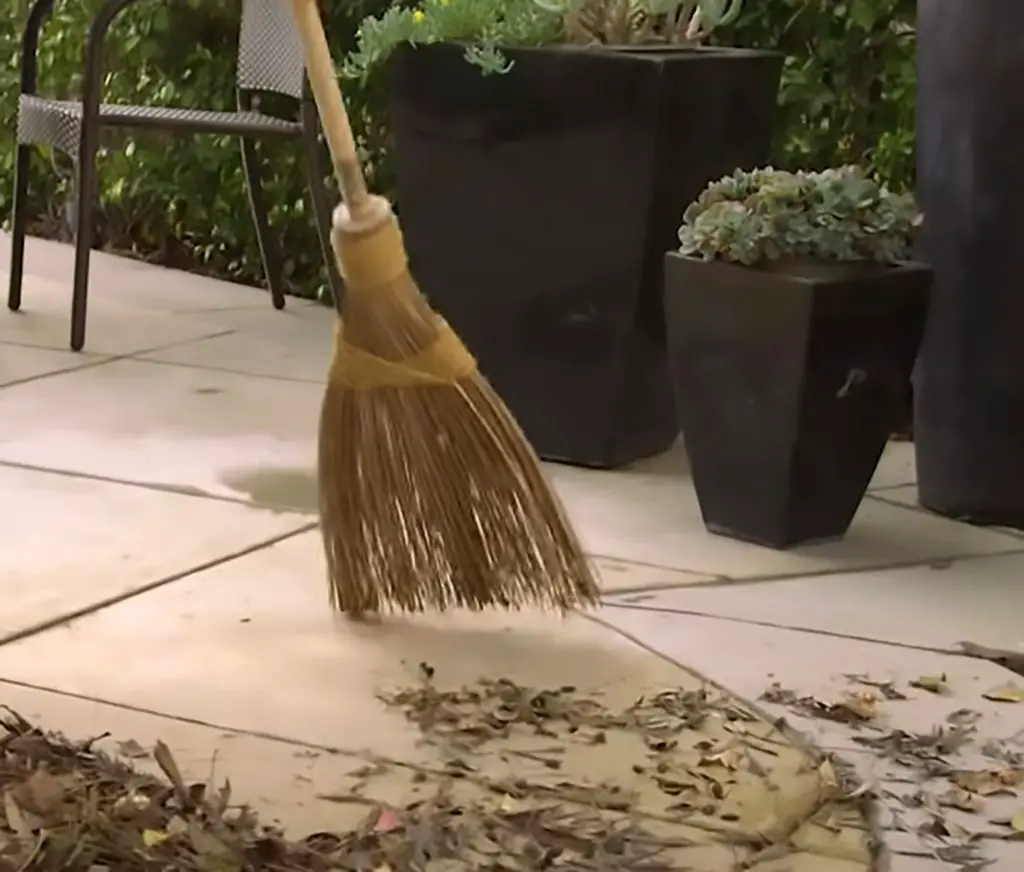Story By: Alex Cope, Sub Editor: Joseph Golder, Agency: Asia Wire Report
Research has shown that this Chinese cicada has invaded Japan after its eggs were carried into the island nation on imported broomsticks.
The Meimuna opalifera cicada was first reported in Japan in 2011 and its appearance had not been explained as it is native to China, where it lives in bamboo thickets.
The invasive species has thrived and spread from central Japan, where it was first found, to other areas of the country. The species is considered a pest in China and as it feeds on bamboo there is concern it could damage Japan’s bamboo groves.

AsiaWire 
AsiaWire 
AsiaWire
Insect researcher Toru Usui, 66, from Ageo in Saitama Prefecture and his team have now found that insects first arrived in Japan through wooden brooms which had been imported from China.
The insect’s eggs were reportedly located in narrow slits in the wood and the brooms did not have to undergo quarantine procedures.
Usui said he believes the cicada “succeeded in proliferating in brooms left near bamboo thickets.
“They (imported brooms) could also provide a place for other foreign species as well as the cicada to hatch their eggs.”
The cicada larvae suck the juice from underground stems of bamboo to grow to an adult measuring around four to five centimetres (1.5 – 2 inches) in length.
Dr Koichi Goka, who heads the Invasive Species Research Team at Japan’s National Institute for Environmental Studies, said the transfer of insects on goods is “a serious problem” as the species have evolved in areas “where they have natural predators that keep a balance”.
Goka added: “But when they come into a new habitat, they often have no natural enemies, so they are able to increase their numbers very rapidly. In many cases, these invasive species can have an enormous impact on local agriculture, flora and fauna and human society.”
The insects reportedly do not pose a threat to Japan’s native cicadas as these species do not feed on bamboo and there is no indication the invasive species are taking over their habitats.
The ViralTab page is created by and dedicated to professional, independent freelance journalists. It is a place for us to showcase our work. When our news is sold to our media partners, we will include the link here.



